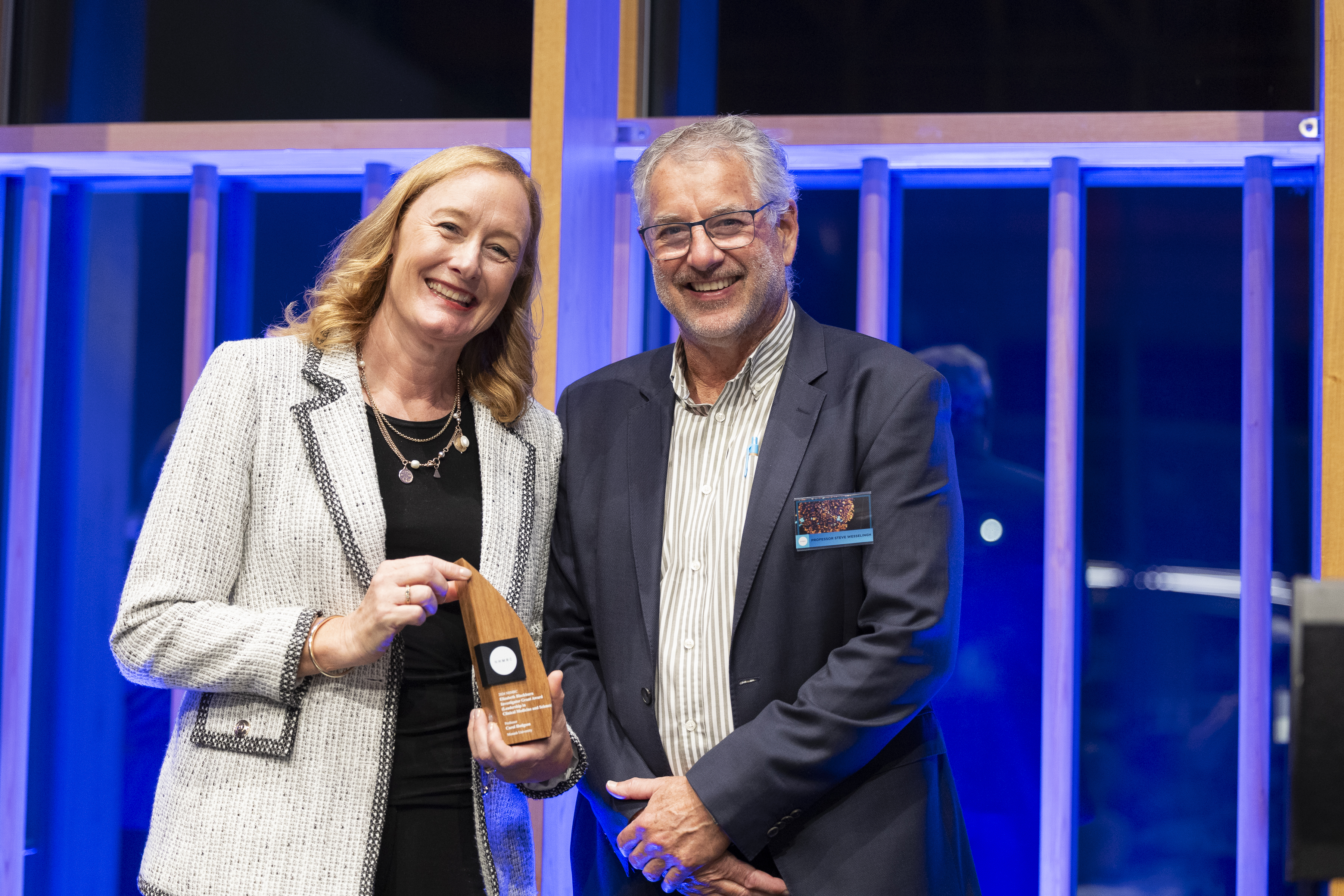Recipient of the 2024 NHMRC Elizabeth Blackburn Investigator Grant Award for Leadership in Clinical Medicine and Science, Professor Carol Hodgson, is a specialist intensive care physiotherapist and clinical trialist. With expertise in long term outcomes after critical illness, Professor Hodgson heads the Division of Clinical Trials and Cohort Studies in the School of Public Health and Preventative Medicine at Monash University, researching how we can improve the quality of survival after critical illness.
Approximately half of all Australians will be admitted to the intensive care unit (ICU) during their lifetime, and many will require invasive life support. Patients who require invasive life support in Australia account for 63,000 ICU admissions and 8,190 deaths each year.1 The costs of this care exceed $2 billion per annum.2
Despite these numbers, over 90% of Australians survive an admission to ICU,3 but my landmark study showed that 50% of survivors had ongoing disability and problems with activities of daily living at 6-months after admission to ICU.

Over the last 20 years, I have led a program of research to better understand the impact of critical illness on recovery, including physical, psychological and cognitive functional outcomes of survivors.
Our team has been instrumental in understanding the outcome measures that are important to patients, the interventions that might influence patient centred outcomes and the large trials that test our hypotheses.
Specifically, our work showed that physical rehabilitation in critically ill patients on life support is safe and improves recovery.
I led the TEAM trial across 49 ICUs in 6 countries which found that a high dose of rehabilitation was not superior to usual care rehabilitation in ICU.4 This has informed NHMRC and international guidelines for rehabilitation of patients in ICU.
As a specialist physiotherapist in ICU, I have worked closely with patients and families to understand what is important to them for recovery. It is a privilege to care for patients when they are at their most vulnerable and to be able to advocate for their needs and preferences.

This Investigator Grant provides a unique opportunity for me to lead novel registry embedded and platform trials that will address evidence gaps in the long term quality of survival after ICU, an area that is considered important by patients and their families. We will link datasets that include morbidity outcomes after hospitalisation to better understand the quality of survival in different diagnostic groups and across different illnesses.
We will lead the development and implementation of international guidelines to translate research into clinical practice, specifically aimed at improving functional recovery after ICU.
This NHMRC support also allows me to support early career researchers and provide opportunities to mentor clinician researchers in clinical trial, cohort study, registry embedded trials and guideline methodology.
As a graduating physiotherapist or a PhD student, I could never have imagined my career path which has evolved to lead international multidisciplinary teams to deliver world class evidence based practice to our critically ill patients.
I would like to acknowledge the incredible mentors I have had over the past 14 years since completing my PhD. There were several years as an early career researcher when my research career was in jeopardy.
My mentors encouraged me to stay focused on this novel research in long term recovery and to “just do good work”. It was very good advice.
2 Critical Care Statistics | SCCM
4 Early Active Mobilization during Mechanical Ventilation in the ICU | New England Journal of Medicine
